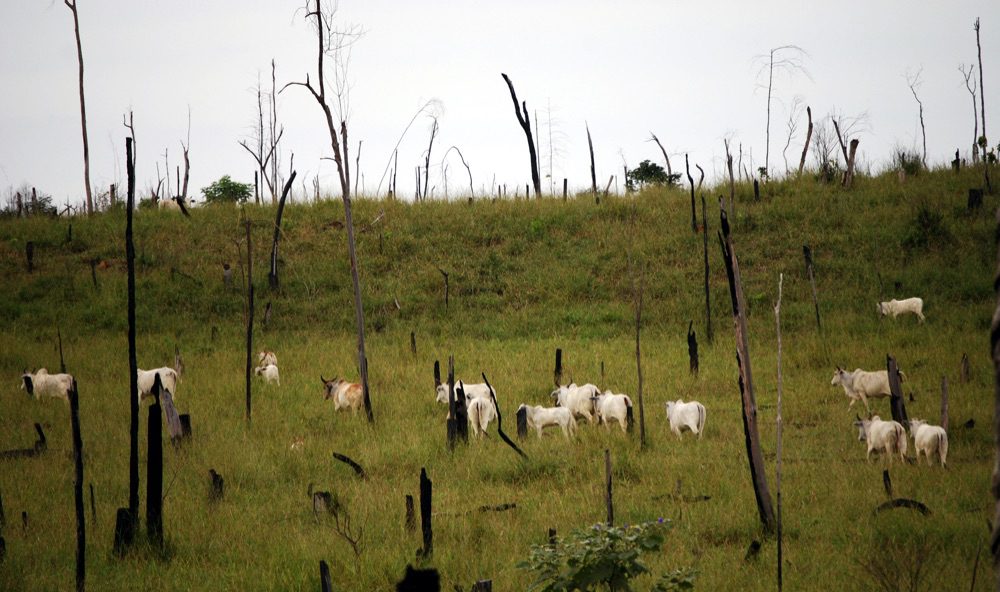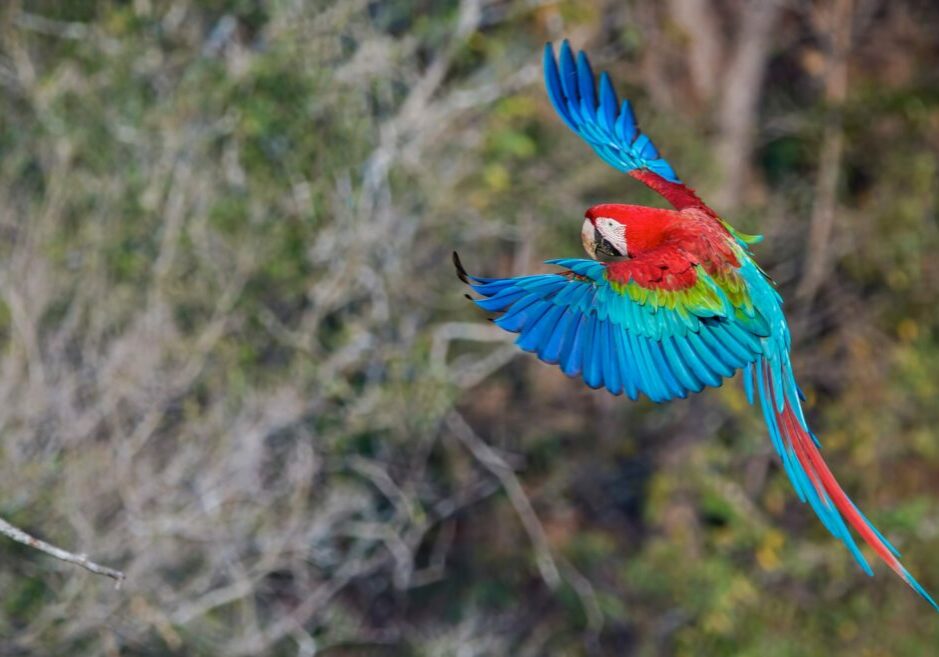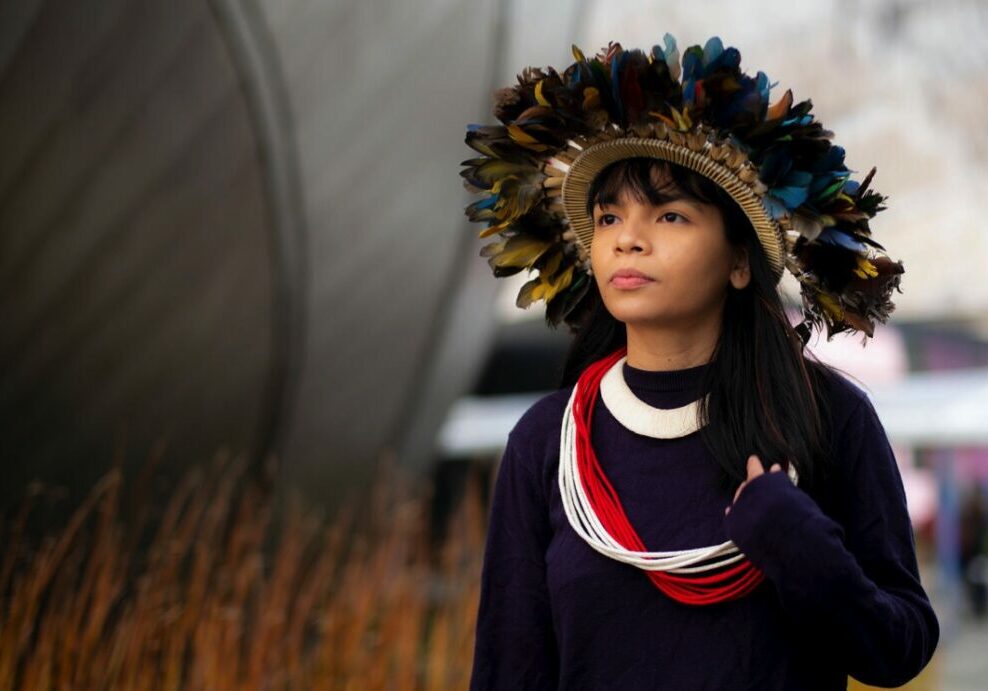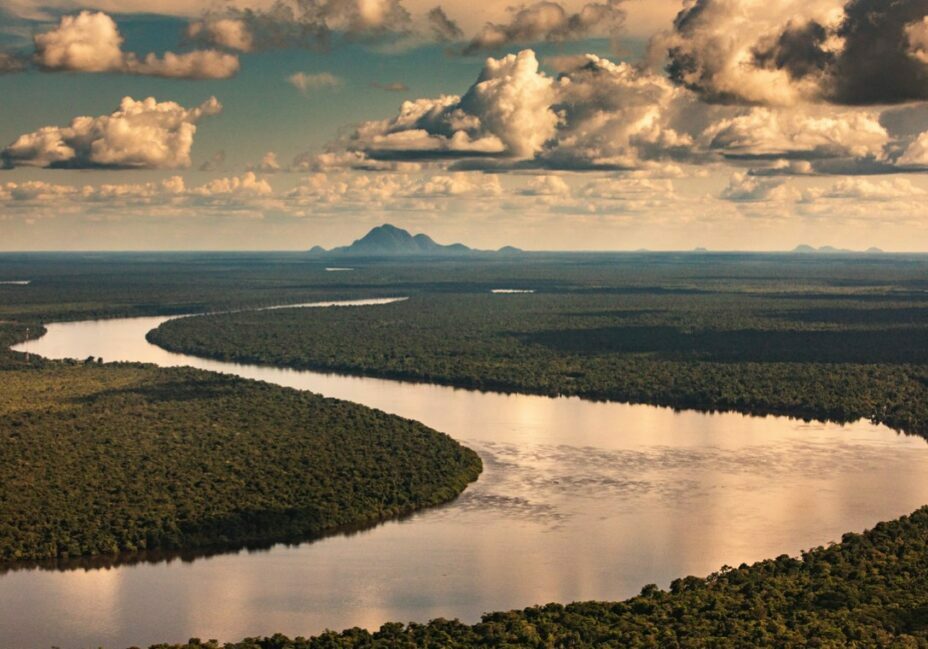Thanks to your support, WWF and our partners won a major legal victory when a state court in Brazil vetoed a new law that would have reduced the size of two protected areas in the Amazon.
Lawmakers in the state of Rondônia had voted to reduce the size of the Jaci-Paraná Extractive Reserve and the Guajará-Mirim State Park by almost 2,200 sq km – a combined area larger than Greater London. The law would have permitted the presence of illegal cattle ranches in these areas, many of which were established through armed, violent land invasions and clearances.
But in November 2021, after a legal challenge that was made possible by your support, judges at the state court unanimously vetoed the new law. They ruled that the state has a duty to protect the environment and stop land conflicts and illegal invasions.
The state government will now have to guarantee the protection of these areas, remove the illegal ranchers and ensure deforested and degraded areas are restored.
“Human rights and the rule of law have prevailed against the attempt to legalise crime and violence,” says Rafael Giovanelli, a lawyer at WWF-Brazil. “The court enforced the fundamental rights registered in the federal constitution and the constitution of the state of Rondônia. It is an exemplary decision that will influence other courts and other cases.”

© GETTY
Protected areas in Brazil have been under siege recently. In the past few years, federal and state governments have removed or reduced protections for more than 100,000 sq km of previously protected areas – an area larger than Scotland and Wales combined.
And as legal protections are rolled back, illegal deforestation is also on the rise. Satellite data shows a jump in deforestation in the Amazon, with almost 4,000 sq km lost between January and June 2022 – almost triple the amount that was lost in the same period in 2017.
The new ruling sets an important precedent for similar cases across the country. It also demonstrates that the judicial system in Brazil remains strong and independent, despite attempts to dismantle environmental and human rights protections by both the federal government and the state government in Rondônia.
Brazil has a powerful agricultural lobby, and many state representatives in Rondônia are ranchers themselves or have financial links to cattle ranches.
In building the case, we worked closely with local NGOs and Indigenous communities, including the Uru-Eu-Wau-Wau people. One of the key points the judges highlighted in their ruling was the lack of proper consultation with affected communities, particularly Indigenous peoples.
They also ruled that the state could not downsize or downgrade protected areas without compensating for environmental damage or carrying out in-depth technical studies.
You’ve helped us to a huge legal victory, but the hard work doesn’t stop here. Our focus now is on ensuring that Rondônia and other Amazonian states fulfil their legal obligations, by upholding human rights and environmental protection, getting illegal ranchers out of protected areas, and restoring the rainforest they have destroyed.
More to explore

Appetite for destruction
The world’s forests are critical to the survival of our planet. Yet our food choices are driving them towards a tipping point. Find out how, together, we can keep these irreplaceable landscapes alive

